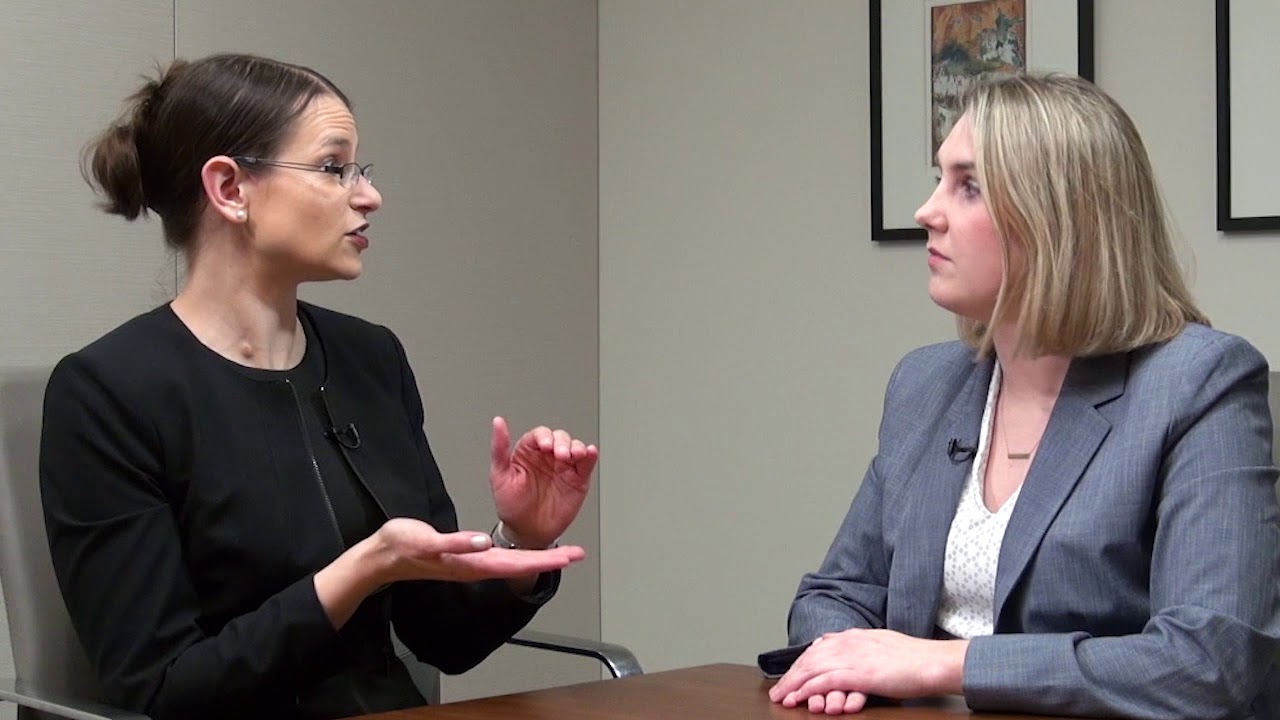Tax and Accounting Tips for Startups

Jen: This is the PKF Texas Entrepreneur’s Playbook. I’m Jen Lemanski, this week’s host, and I’m here today with Danielle Supkis Cheek, a director on our Entrepreneurial Advisory Services Team. Welcome back to the Playbook, Danielle.
Danielle: Thank you.
Jen: So our Entrepreneurial Advisory Services Team tends to work with startups quite a bit, and I know you’ve got a lot of – your background is in the startup space – what’s your advice for them to get their accounting started off [on] the right foot for bankers, financials, all that kind of stuff?
Danielle: That’s a big area.
Jen: It is.
Danielle: For either pre-revenues or startup companies and those with not a lot of operation experience, it can be a really overwhelming task in the first place. Usually you need to start with some kind of model, because you don’t actually have any revenues or any transactions to actually account for, and then it all the way moves to once they start having transactions and the accounting. So in the more pre-idea stage on that modeling aspect my biggest piece of advice is really to think through every single step of your day, and make sure every single step of that day – once you’re in your future operations – is accounted for somehow in your model. So if you’re showing up to an office, there should be rent on your books somewhere or in your model.
Jen: One would think.
Danielle: Hopefully. You go turn on the light switch, that means there needs to be electricity. You say, “Hi,” to your administrative assistant or other staff, that means you need payroll, that means you need payroll taxes, that means you need benefits. You need all these things that are related to every single aspect. You can walk through the customer service experience. You know they’re going to call you on the phone, that means you need phones, you need somebody to answer the phone.
And so make sure all those little pieces are in the model. Most of the time entrepreneurs are very good at understanding their key business operations and what it takes to actually service whatever it is that they’re doing operationally, but they forget about all of those other little things that you take for granted, because you don’t think about turning on the light switch – that means electric bill when you’re starting up a business.
Jen: So is there something that they shouldn’t do when they’re considering all of these types of things?
Danielle: Once you get into the accounting, you really shouldn’t try to then use the Excel that you probably built your model on. Most people are probably going to use Excel for their models, but once you get into the actual accounting phase and you’ve had real transactions trying to keep track of your real bookkeeping in Excel – I can’t stress how important this is – don’t try to do it in Excel by yourself. The fundamentals of accounting are rooted back in the 1400s and it’s pretty much stayed unchanged since then and there’s two moving components that most business owners don’t understand because it has a built-in error checking process. And so trying to build in that error checking process in Excel is way too hard.
Rely upon… People have already figured it out and done it for you, it’s not that expensive to use some of these cloud-based accounting softwares. They’re pretty easy and fast to implement. As long as you’ve been trained on how to properly use them, you don’t have to be a technical accountant to use them; you just need to know how to work on that particular system. And honestly now these systems, especially a lot of the cloud ones, pull in all of the transactions for you so it does half the work for you. So you’re reinventing the wheel when you try to use Excel for your actual transaction-keeping as well as making your job way, way harder.
Jen: And then when they get their stuff to their CPA or their banker, it’s much cleaner if they’re using one of those cloud-based systems.
Danielle: For sure. And honestly that means you’re going to have less costly other professional services billed by having it clean on day one. So if you have it clean day one or maybe day two – let’s go with day two – and just keep up with it on a recurring, regular basis, it’s not going to fall behind and it’s not going to be as overwhelming as what some entrepreneurs think it might be.
Jen: Great. Well we’ll get you back to talk some more tips for startups.
Danielle: Of course. Love to.
Jen: Thank you. For more about this topic, visit PKFTexas.com. This has been another Thought Leader production brought to you by PKF Texas the Entrepreneur’s Playbook.

